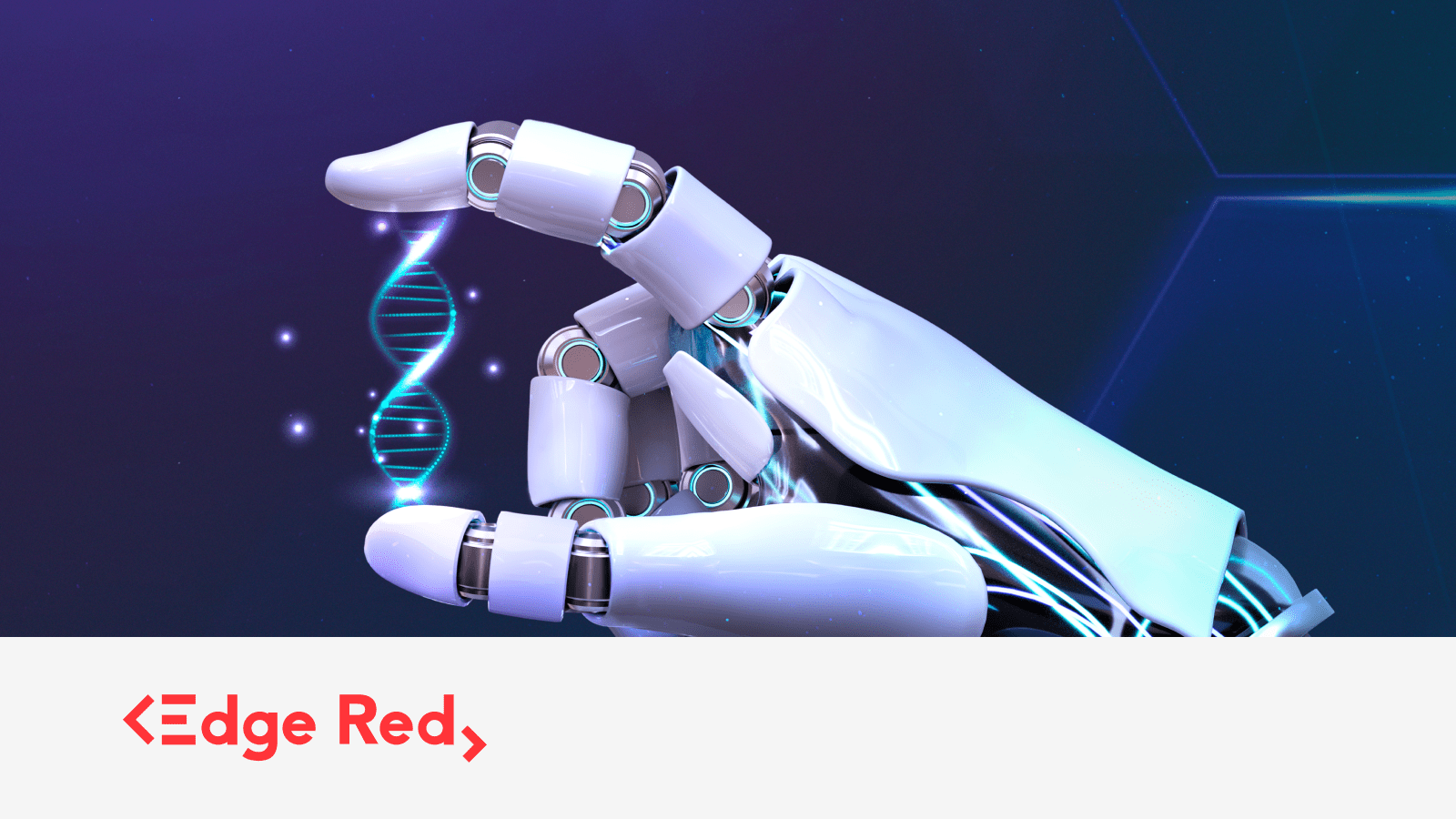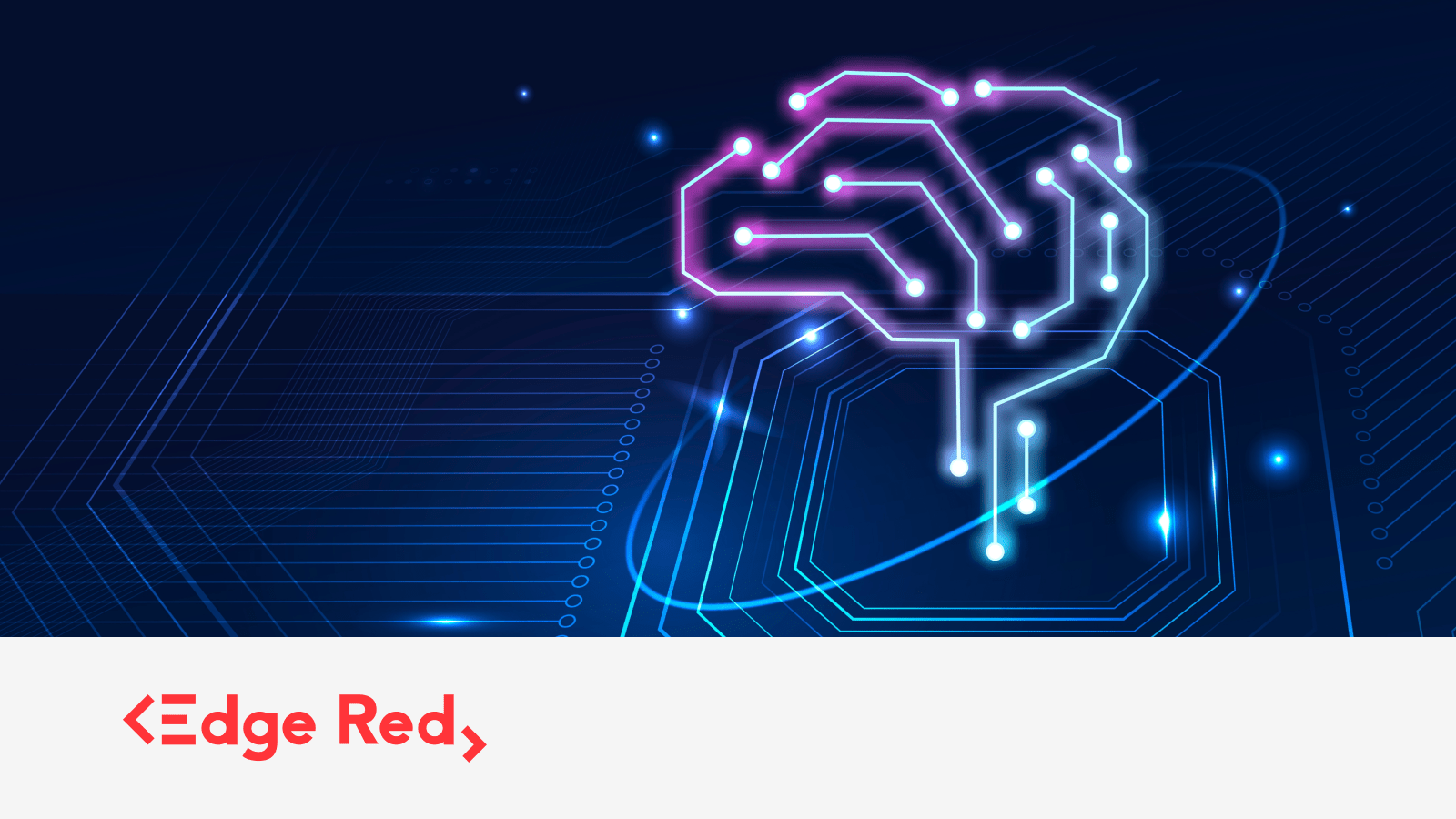Agentic AI 101: What it is and why it matters
7 Jul 2025

AI has already transformed how we search, summarise, and automate. But the next wave is here – and it’s called agentic AI.
Instead of just answering prompts or automating isolated tasks, agentic AI acts more like a collaborator. It plans, adapts, and executes complex goals over time. Think less “smart assistant” and more “autonomous teammate.”
Here’s a quick breakdown of what agentic AI is, what makes it different, and why it matters for your business.
What is agentic AI?
Agentic AI refers to AI systems that operate with a sense of goal-directed autonomy. These systems aren’t just reacting to instructions – they’re making decisions, managing workflows, and solving problems based on high-level goals.
They can:
- Break down objectives into steps
- Make decisions based on feedback or changing conditions
- Interact with tools, apps, and data sources
- Work continuously, even when you’re offline
In short, they behave like agents – with the ability to reason, act, and adapt.
How is this different from traditional AI?
Most AI tools today are single-turn: you give an input, they return an output.
Agentic AI systems, on the other hand, are multi-turn and task-oriented. They run loops. They check their own progress. They might even suggest a better way to solve a problem. Some of them can remember goals across sessions and improve over time.
They’re not just answering – they’re doing.
Real-world examples
Agentic AI isn’t just theoretical. It’s already showing up in real products and workflows:
- AI project managers that create task lists, assign resources, and follow up on progress
- Research agents that run web searches, summarise sources, and flag contradictions
- Sales agents that draft personalised outreach, schedule meetings, and update the CRM
- Code agents that build prototypes, test outputs, and debug as they go
- Voice agents that handle inbound calls, book meetings and perform context-aware conversations
These agents aren’t replacing people – they’re amplifying what teams can do, saving hours on repetitive or fragmented tasks.
Why it matters now
This is more than just another AI trend. Agentic AI opens the door to:
- Smarter automation – not just if-this-then-that logic, but adaptive execution
- More efficient teams – by offloading grunt work and follow-ups
- Continuous operations – agents that work in the background while your team focuses on strategy
“People often get caught up chasing the latest LLMs, but real business value comes from the systems built around them. Agentic frameworks and systems make that possible. Models impress, but systems solve problems.” – Honglin, Senior Data Analyst
For data teams, product teams, marketers, and operations leads, agentic AI offers a real productivity edge. But it also raises new questions about reliability, oversight, and trust – which is why now’s the time to experiment with guardrails in place.
Final thoughts
We’re moving from a world of AI tools to a world of AI teammates.
Agentic AI is still emerging, but it’s already powerful – and growing fast. If you haven’t started exploring how agents could support your team, now’s a great time to dip your toes in.
Want to know where this fits in your stack, or what’s actually worth piloting? Let’s chat – we’re already helping clients test-drive agentic workflows.
This blog is written by Honglin, assisted by E.R.I.C.A.
About EdgeRed
EdgeRed is an Australian boutique consultancy with expert data analytics and AI consultants in Sydney and Melbourne. We help businesses turn data into insights, driving faster and smarter decisions. Our team specialises in the modern data stack, using tools like Snowflake, dbt, Databricks, and Power BI to deliver scalable, seamless solutions. Whether you need augmented resources or full-scale execution, we’re here to support your team and unlock real business value.
Subscribe to our newsletter to receive our latest data analysis and reports directly to your inbox.



